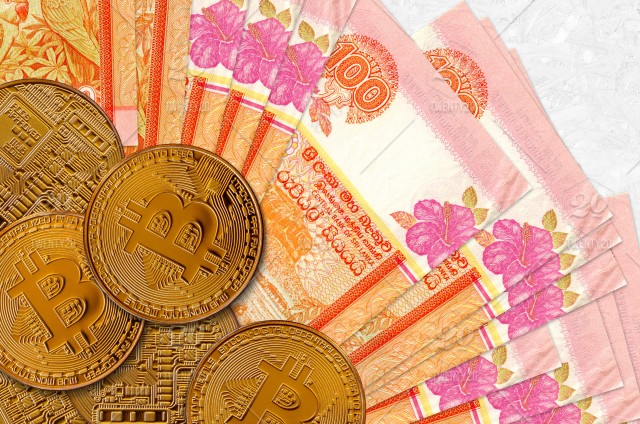The Central Bank of Sri Lanka, or CBSL, has cautioned the public against buying cryptocurrencies due to a lack of regulatory monitoring at a time of economic and political upheaval.
Sri Lanka Maintain “Crypto Is Illegal” Stance
A public awareness notice was released by Sri Lanka’s central bank on July 12 in response to “recent developments in relation to virtual currency usage.”
Digital assets were defined as “largely unregulated digital representations of value” that are traded and issued by private companies.
The CBSL reiterated its prior position in notices published in 2018 and 2021, claiming that it has not authorized or awarded any licenses to any business running “schemes” utilizing cryptocurrency assets. As a result, mining operations and cryptocurrency exchanges are still prohibited in the unstable nation.
The CBSL said,
“Virtual currencies … are considered as unregulated financial instruments and have no regulatory oversight or safeguards relating to their usage in Sri Lanka. The public is therefore warned of the possible exposure to significant financial, operational, legal and security related risks as well as customer protection concerns posed to the users by investments in VCs.”
The central bank continued by reminding the public that payments for cryptocurrency transactions cannot be made using electronic money transfer cards (EFTCs), such as debit or credit cards, in accordance with the 2017 Foreign Exchange Act.
In other words, Sri Lankans are prohibited from making purchases using their bank cards at cryptocurrency exchanges.
Related reading | Cryptocurrency Is ‘Worthless,’ European Central Bank President Says
A Country In Chaos
Tens of thousands of protesters have flooded Sri Lanka’s streets this week as a result of weeks of political and economic unrest. Hundreds of protesters broke into the Gotabaya Rajapaksa mansion in Colombo over the weekend, stealing food supplies and taking control of the structure.
President Rajapaksa apparently fled the nation for the Maldives just hours before he was meant to stand down, according to sources.
BTC/USD trades above $20k. Source: TradingView
The nation’s inflation rate is at an all-time high of 54.6%, and household budgets are already at their limit. The central bank increased interest rates to 15.5%, which means that while debt repayments have increased significantly, people’s savings are being wiped out.
Furthermore, the government has imposed limitations on the purchase of fuel, throwing 22 million people into the biggest humanitarian catastrophe in 70 years. There are shortages of both food and medicine nationwide.
Sri Lanka's economy has collapsed. According to the Prime Minister, the country is bankrupt due to an external debt of $50 billion. There is no fuel, food is running out and the country is facing a humanitarian crisis.
Sri Lanka needs a crypto lifeboat ASAP.#economy #news— Ioan Munteanu (@MunteanuIoan13) July 12, 2022
The chance to introduce bitcoin to the general public and enable them to acquire stablecoins as an inflation hedge has never been stronger. Sadly, the monetary authority has other ideas.
Related reading | Taiwan’s Central Bank Finds NFTs As Inappropriate, Warns General Public To Stay Away
Featured image from iStock Photo, chart from TradingView.com
